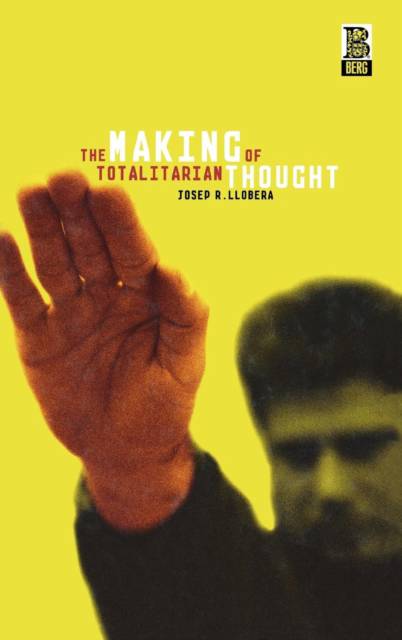
- Retrait gratuit dans votre magasin Club
- 7.000.000 titres dans notre catalogue
- Payer en toute sécurité
- Toujours un magasin près de chez vous
- Retrait gratuit dans votre magasin Club
- 7.000.000 titres dans notre catalogue
- Payer en toute sécurité
- Toujours un magasin près de chez vous
271,45 €
+ 542 points
Format
Description
The totalitarian regimes of the twentieth century reveal disturbing and uncomfortable facts about human nature, social life, and moral progress. Totalitarianism, ironically, came at a time when the 'spirit of modernity' was in full swing and human potential was supposedly at its peak. Distracted by the wonders of the industrial revolution, few would have guessed the horrors that were just around the corner. Focusing on the historical background to twentieth-century totalitarianism, this book unravels the complexity and mystery behind ideas of domination, leadership, and human development. In doing so, it not only sheds light on the dark side of modern thought but also shows that the foundations of totalitarian ideology existed long before the 'modern age'. Totalitarian thought is best understood by looking at four fundamental myths about race, the crowd, revolutionary violence, and eugenics. This book analyzes each myth in depth by tracing its beginnings and development. It shows how key socio-political thinkers wrote about and interpreted these myths and how they became the basis of many important racial and social theories. Specific attention is given to six controversial nineteenth century thinkers - Maistre, Gobineau, Galton, Le Bon, Vacher and Sorel. Llobera, through detailed analysis of their work, suggests that these so-called 'prophets of doom' with their anti-bourgeois, elitist and anti-progressive leanings, understood the socio-political reality of modern society far more accurately than other highly praised social thinkers of the same period. These key figures provide a crucial insight into totalitarianism by overturning nineteenth-century illusions of progress and laying bare the darker aspects of human nature.The Making of Totalitarian Thought is an accessible and penetrating overview of a compelling phenomenon. It emphasizes the importance of previously neglected socio-political writing and neatly unpacks sophisticated intellectual ideas. This
Spécifications
Parties prenantes
- Auteur(s) :
- Editeur:
Contenu
- Nombre de pages :
- 224
- Langue:
- Anglais
Caractéristiques
- EAN:
- 9781859737903
- Date de parution :
- 01-06-03
- Format:
- Livre relié
- Format numérique:
- Genaaid
- Dimensions :
- 138 mm x 260 mm
- Poids :
- 426 g







